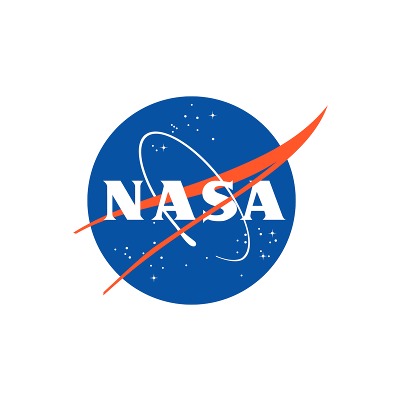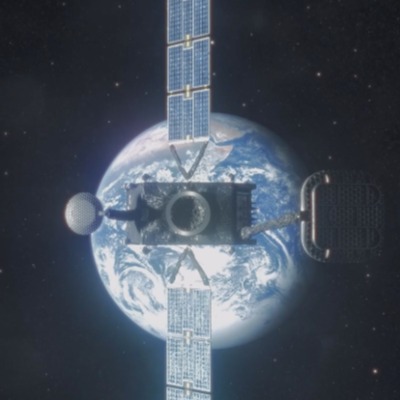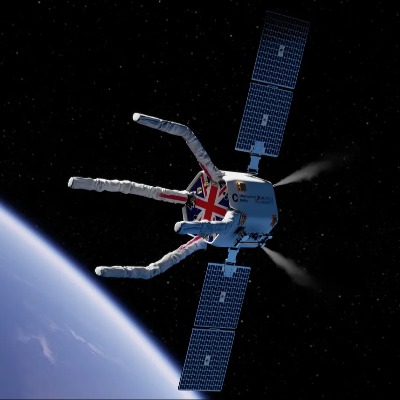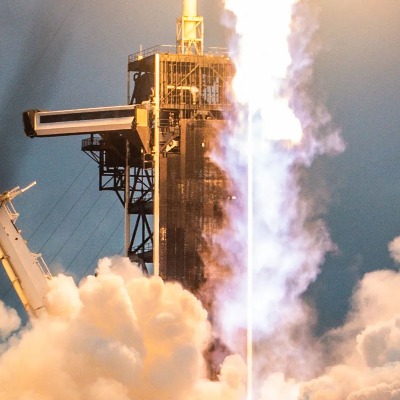German Space Agency Releases Open-Source Model To Boost Reusable Rocket Research

The German space agency, DLR, has announced a significant step forward in the development of reusable launch vehicles. Their Institute of Aerodynamics and Flow Technology has released an open-source model specifically designed for simulation-based research on reusable rockets.
This project signifies a shift towards a more collaborative approach in the field. Traditionally, research on these vehicles has been limited due to a lack of openly available data. DLR's initiative aims to address this by providing a free and accessible platform for researchers around the world.
The model will allow scientists to delve deeper into the complexities of reusable launch vehicles, including:
- Surface heating during atmospheric re-entry
- Aerodynamics during flight phases
- Exhaust plume interaction
- Vehicle stability and control
These are all critical areas that require further understanding to optimize the design and performance of reusable rockets.
The long-term goal of the project is to establish a validated simulation environment and a broader knowledge base for the development of reusable launch vehicles. This will ultimately lead to a new generation of cost-effective and sustainable space transportation systems.
The move comes at a time when reusable launch vehicles are gaining significant traction. Companies like SpaceX have demonstrated the commercial viability of reusable rockets, driving a global push for innovation in this sector. DLR's open-source model positions Germany at the forefront of these advancements, fostering international collaboration and accelerating progress in reusable rocket technology.




